
Giuseppe Verdi, one of the greatest musicians in history and symbol of Italian unity, was about to abandon music when he composed Nabucco, the opera that consecrated him as an artist and turned him into a libertarian symbol
During the Napoleonic campaigns, the village of Le Roncole belonged to France after being annexed to that nation. Verdi, born in 1813, was registered in the civil registry as a French citizen under the name Joseph Fortunin François. Years later, thanks to his innate talent, the doors were opened to a higher education that his father, a humble innkeeper, could afford him.
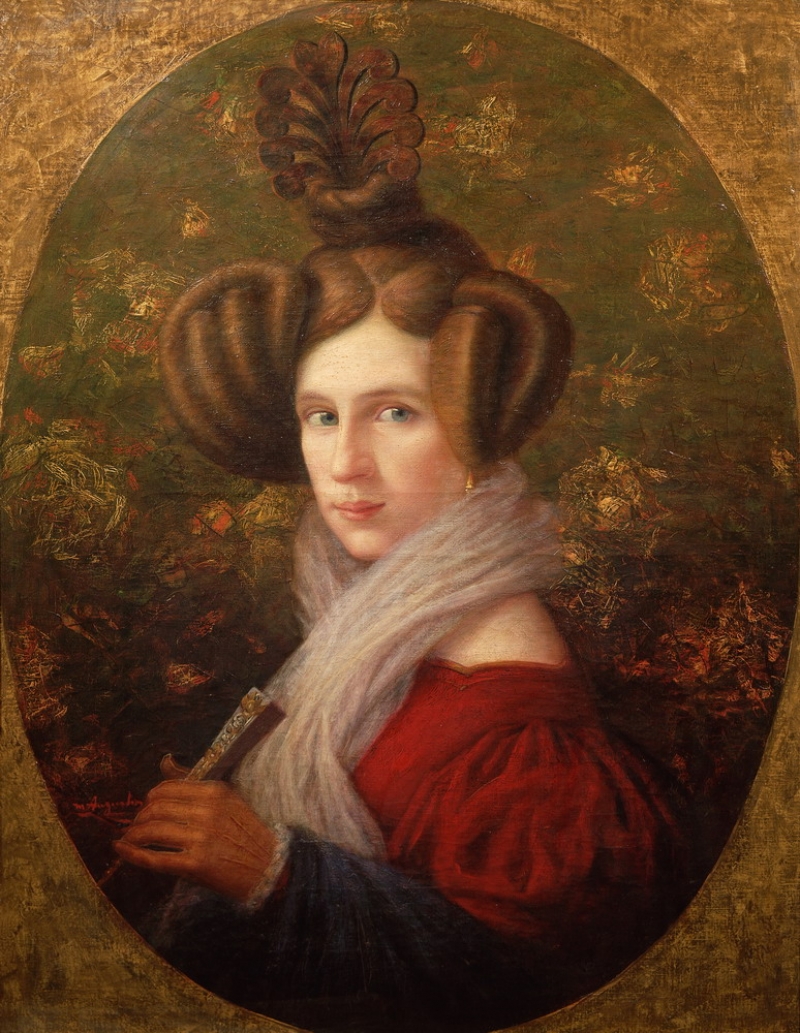
After completing his studies and with a booming career, around 1840, a series of events led Verdi to go through a critical moment with the death of his wife and two children. At that time, Verdi was writing his second opera “Un giorno di regno” which was released a few months after the events and was a resounding failure and he did not know how his existence would continue.
Success was accompanied by luck when businessman Bartolomeo Merelli handed him the libretto of a biblical drama written by Temistocle Solera, about a text by Anicete Bourgeois and Francis Cornue. It was the story of Nebuconossor's conquest of Israel and its violent tyranny.
Verdi said that when he received the libretto, he arrived at his house “and with an almost violent gesture I threw the manuscript on the table... the book opened when it fell” and it was then that he read the phrase that, some time later, all of Italy would sing as a hymn, “Va, pensiero, sull'ali dorate” (“Fly the thought with golden wings”). That night he read the script not once but three times; he could almost recite it from memory.
Nabucco was the account of the folly of tyrants who restrict the freedoms of individuals. The analogy with Italy, subject to Austrian rule, was evident and, in one way or another, permeated the artist's creation, taking care to overstep his independence message because Austrian domination lurked with fierce censorship.
However, the subtlety of the message in a biblical account was accepted by the censorship organ of the Austrians and Nabucco premiered on March 9, 1842 in Milan. We can imagine the artist's nerves after two years of intense work, the details, the rehearsals, corrections, etc. There were many things that were at stake that night.
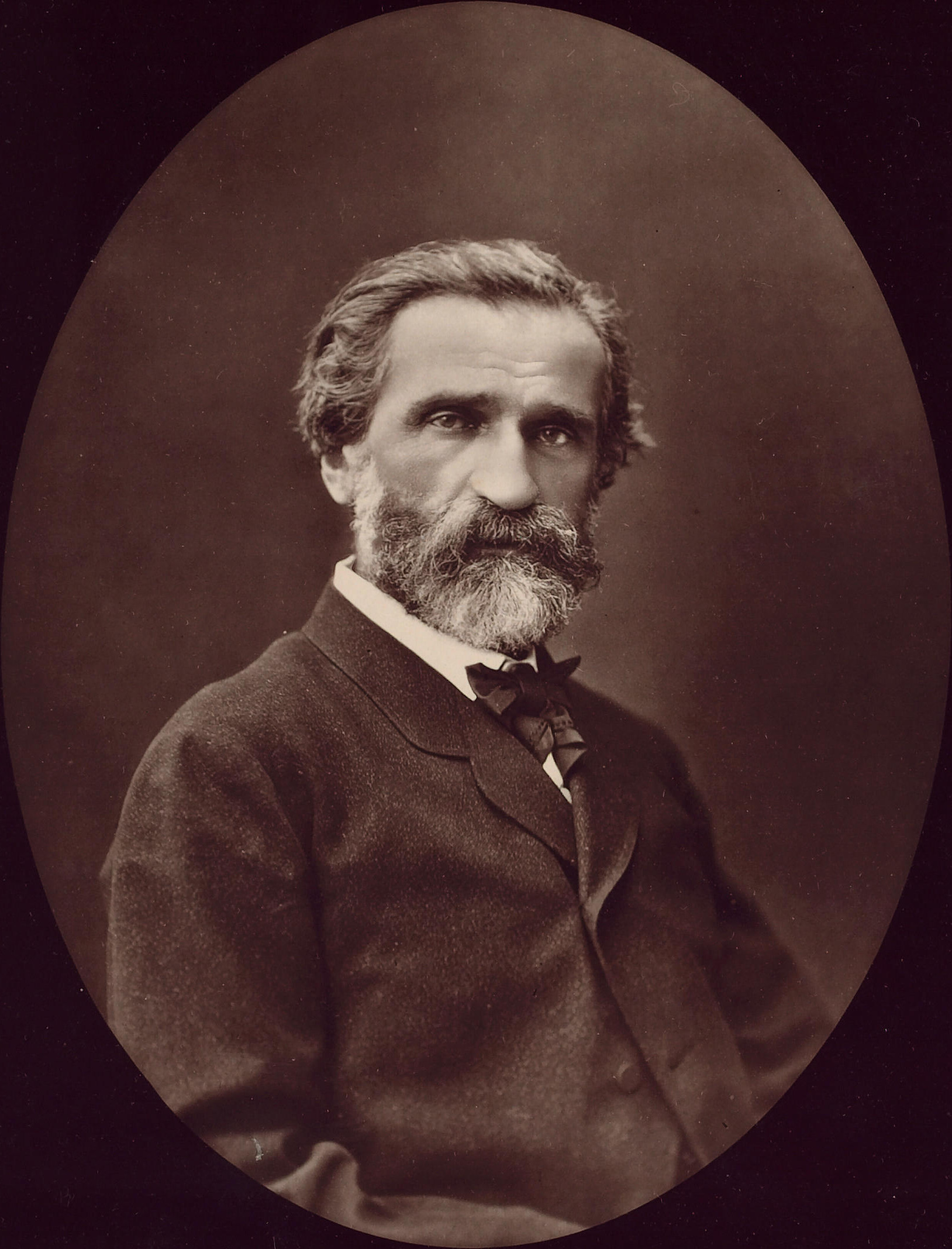
The premiere was at La Scala in Milan and the role of the perverse Abigaille was sung by the best-known soprano of her time, Guiseppina Strepponi who, over the years, will be Verdi's wife.
La Scala vibrated in tense silence with the development of the play, especially as the choir of the Jewish slaves sang the “Va pensiero” during the third act. Finally the curtain fell and the audience broke out in an ovation. Nabucco was the opera that everyone expected, the song that ignited the patriotic fervor. The people of Israel were Italy, that “beautiful and lost homeland”. On the walls of Milan, the “Viva Verdi” sprouted, a cry of secret freedom, the dream of “risorgión”, the desire for reunification of the homeland hidden behind the acronym Verdi as Vittorio Emanuelle Re d'Italia (Victor Emanuel King of Italy).
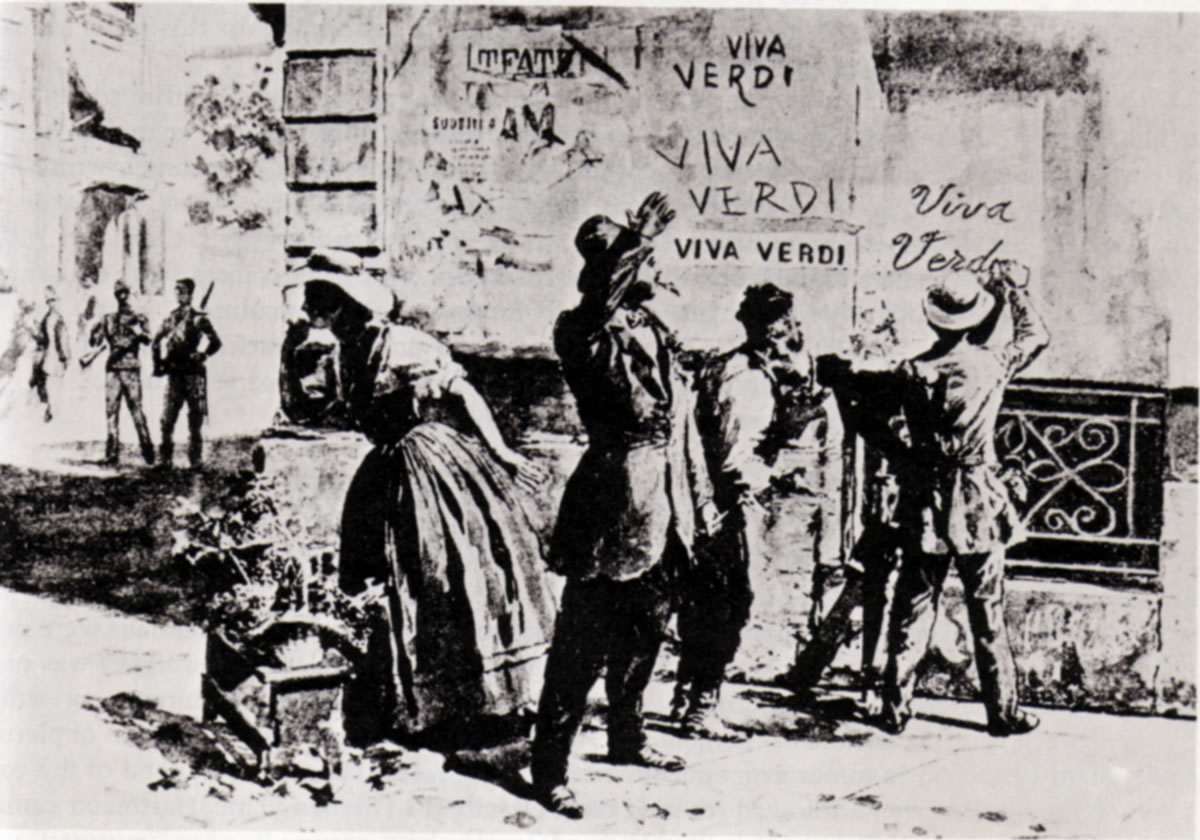
The Austrians did not know how to react to this popular effervescence, this consecration of a musician unknown until yesterday who, from now on, will be on everyone's lips. For 65 nights the theater burst into applause as the golden wings of freedom rose.
After Nabucco nothing was the same for Verdi. He was a popular idol but the Austrians reviewed his works, watched him closely. In 1843, the work he had been working on, “I Lombrdi alla prima croaciata” was censored. Cardinal Gaetano Gaisruck demanded that parts of the work be changed, which Verdi strongly opposed. “It will be done this way or it will not be done,” said the composer sure that his prestige would guarantee his position. The cardinal accepted the imposition and the work was executed in its original form.
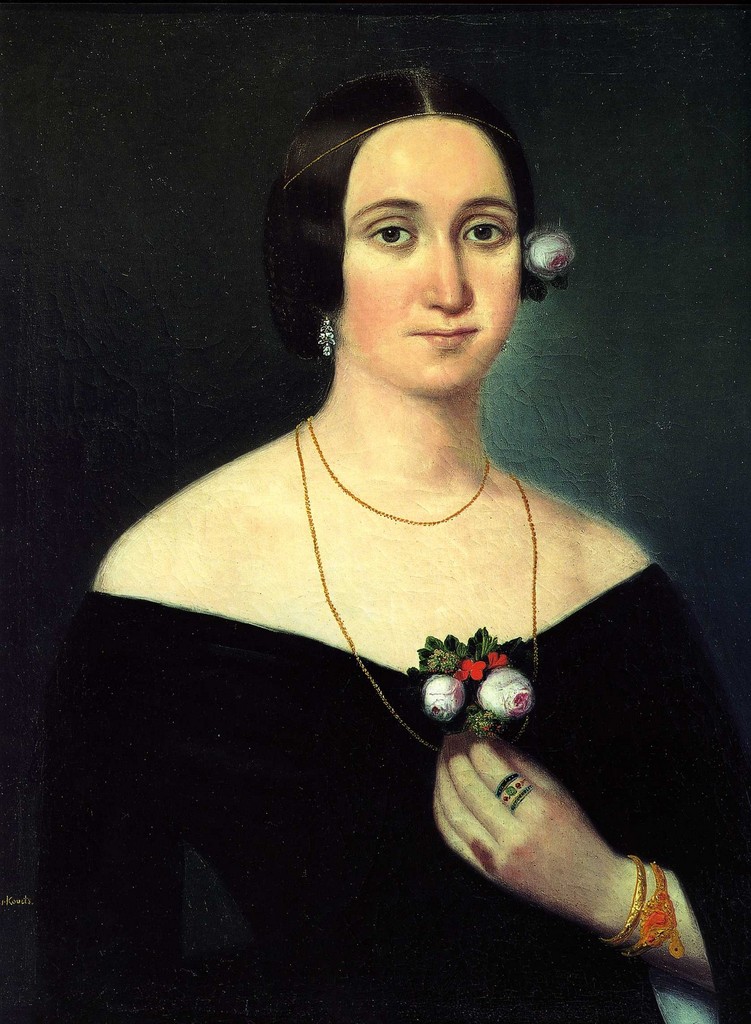
This is how a movement was formed around his person, representing the ideals of unity in popular movements. He lit up in works that delved into his political philosophy, such as in Simon Boccanegra or Don Carlo, but they also arise to defend his beloved Giuseppina from the hypocritical gossip that criticized the soprano, accused of having led an airy life in her youth and who, together with the teacher, spent years living together without getting married (they will years later in secret). These bourgeois hypocrites are challenged by Verdi with La traviata (La perdida), the story of a courtesan — Violetta Valery — who proves to be a true heroine, more dignified and loyal than the members of that peaceful society that surrounds her. Verdi erected a musical monument to his companion as he once did for the freedom of Italy.
His political struggle was recognized by the same man whose name he hid: Victor Emanuele, when he became monarch in 1874, granted him the title of senator for life. It was recognition of their struggle, their patriotic perseverance. But the composer, disappointed by politics, takes refuge in his village, in his native house. In this house, now converted into a museum, the train tickets to the Senate of Rome are still treasured, which the composer never used, because his world of arpeggios and chords was purer and more harmonious than that of dark political relations.
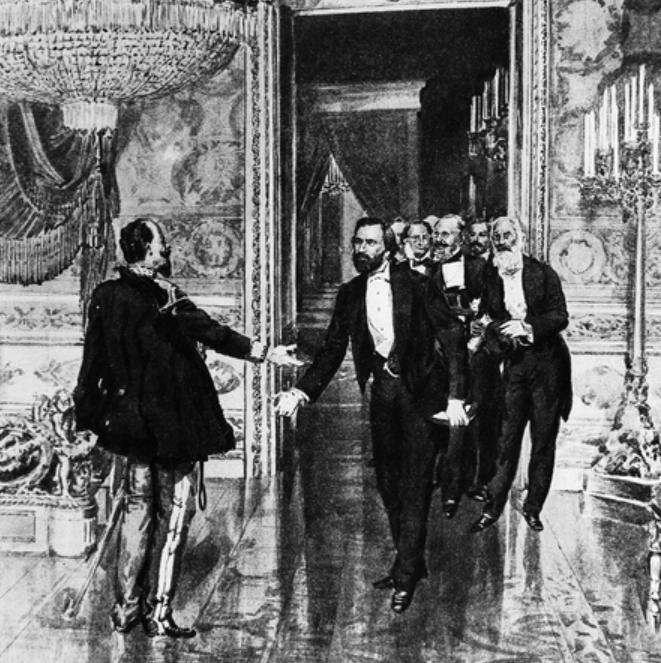
When he died, in 1901, the people spontaneously gathered in front of his village to sing the “Va, pensiero”, which became the unofficial anthem of Italy, and in the last farewell to a great one.
The history of the choir of the subjugated peoples does not end here, because on the 150th anniversary of its premiere, director Riccardo Muti, after conducting the “Va, pensiero” and facing the demand for an encore from the audience, among which was premiere Silvio Berlusconi, told those present: “Today I am ashamed of what happens in my country... This is how we are going to kill the culture on which our history was built” and looking at the presidential box, he declared, “I have been silent for many years. Now we should make sense of this song”... and then he invited the audience to sing all together this “Va, pensiero”, the freedom on golden wings of the homeland “si bella e perduta”.
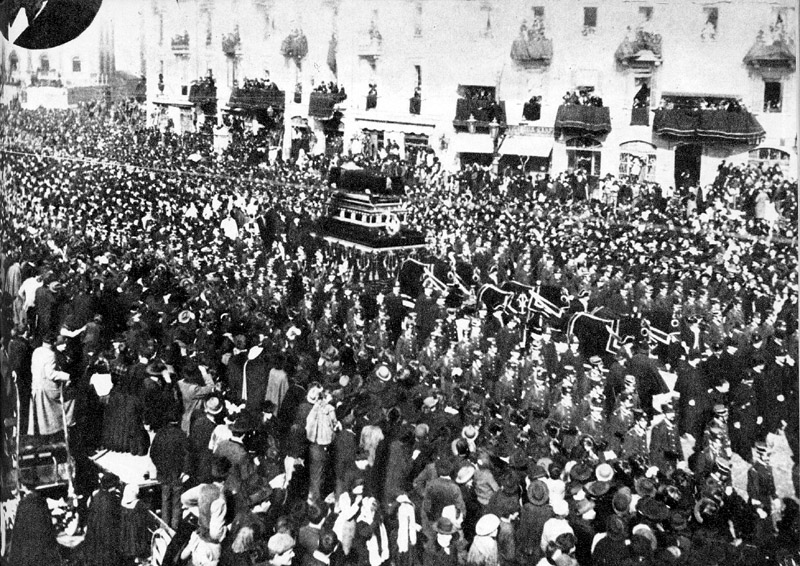
KEEP READING:
Últimas Noticias
Debanhi Escobar: they secured the motel where she was found lifeless in a cistern
Members of the Specialized Prosecutor's Office in Nuevo León secured the Nueva Castilla Motel as part of the investigations into the case

The oldest person in the world died at the age of 119
Kane Tanaka lived in Japan. She was born six months earlier than George Orwell, the same year that the Wright brothers first flew, and Marie Curie became the first woman to win a Nobel Prize

Macabre find in CDMX: they left a body bagged and tied in a taxi
The body was left in the back seats of the car. It was covered with black bags and tied with industrial tape
The eagles of America will face Manchester City in a duel of legends. Here are the details
The top Mexican football champion will play a match with Pep Guardiola's squad in the Lone Star Cup

Why is it good to bring dogs out to know the world when they are puppies
A so-called protection against the spread of diseases threatens the integral development of dogs



